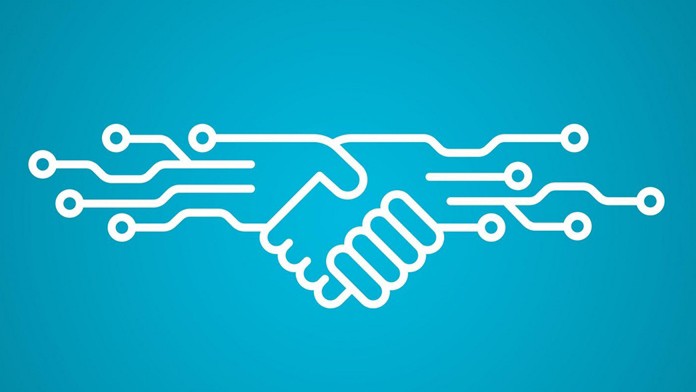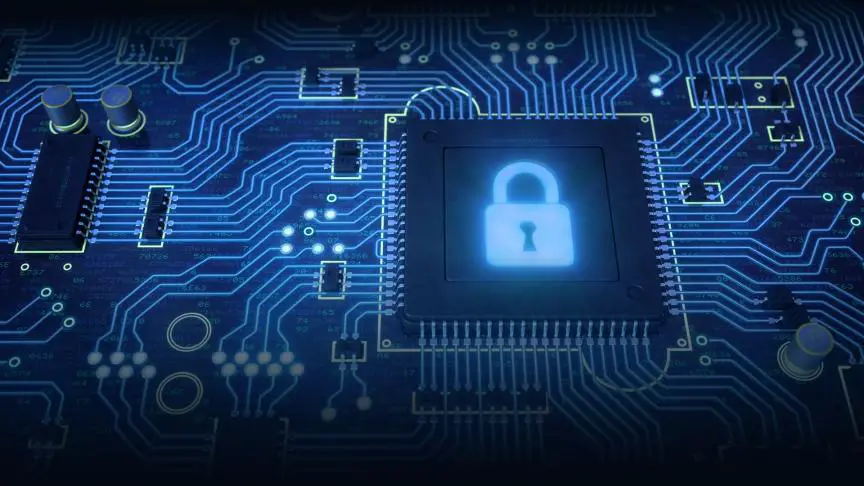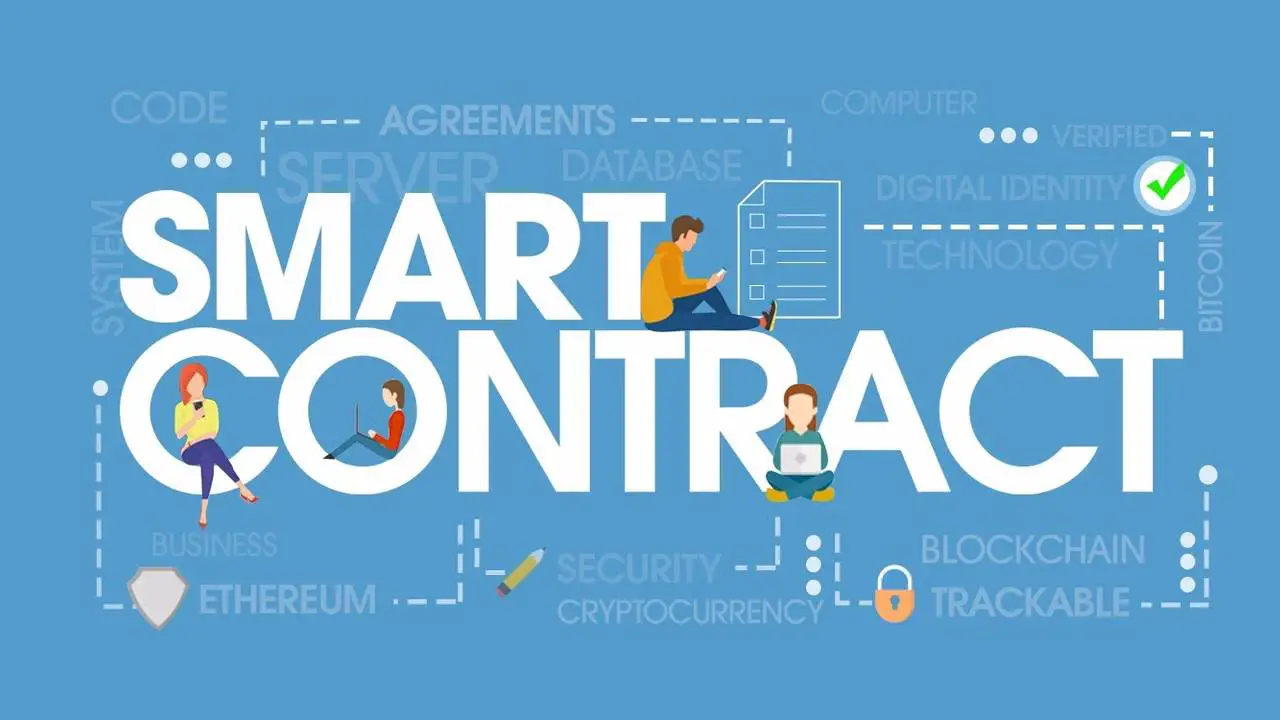Today we are going to explain what is a smart contract on blockchain and how do smart contracts work.
Blockchain technology is much broader than cryptocurrencies such as bitcoin. The sustained levels of robust security demonstrated by public cryptocurrencies have shown the world that this new wave of blockchain technologies can provide efficiencies and intangible technological benefits very similar to what the Internet has done.

Blockchain technology is very powerful and capable of complex transactions; far beyond simply understanding how many bitcoins you currently have in your digital wallet. This is where the idea of smart contracts comes into its own. Thus, leveraging this powerful technology for equally complex work. Although new, smart contracts are already becoming a cornerstone for enterprise blockchain applications and are now considered one of the pillars of blockchain technology.
What is a smart contract on blockchain?
Below, we explore what a smart contract is, how it works and how it is used.
A computer program code that is capable of facilitating, executing, and enforcing the negotiation or execution of an agreement (i.e. a contract) using blockchain technology.
The entire process is automated and can act as a complement or substitute for legal contracts, where the terms of the smart contract are recorded in a computer language as a set of instructions.
When you think of a contract, you probably picture two people sitting down together to write, agree and sign a piece of paper. The efficiency brought by the digitization of business has led technologists to revisit one of the most important components of the modern enterprise: the contract.

Our simple explanation of a smart contract can be described as a computer program that acts as an agreement where the terms of the agreement can be pre-programmed with the ability to self-execute.
The main objective of a smart contract is to provide a superior system for contractual agreements based solely on computer code; then what currently exists based on antiquated court processes.
The origin and history of smart contracts are much older than bitcoin and dates back to the 1990s. The term “smart contract” was first coined in 1994 by one of the supposed creators of bitcoin, Nick Szabo, and referred to self-automated computer programs that can fulfill the terms of any contract.
Technical explanation of smart contracts
A technical explanation of a smart contract can be described as a digital self-executing agreement.
Modern blockchain-based contracts (also called self-executing contracts, blockchain contracts or digital contracts) use Byzantine fault-tolerant algorithms and cryptographic hashing through blockchain technology decentralization methods. Because contracts are pure computer program code, the imputed logic in the code is vitally important. The smart contract logic is derived from human logic and legal system legislation commonly used in business.

The combination of computer science principles such as cryptography and distributed computing, along with centuries-old judicial precedents, create a self-sufficient and efficient successor to legal agreements.
The field of smart contracts (more broadly, blockchain technology) is continually growing with fundamental technological advances, software and hardware improvements, and new products. Keeping up with the latest blockchain news is a vital component of staying on top of this rapidly growing industry.
They often created by computer programmers with the help of smart contract development tools, are fully digital and written using programming languages such as Solidity, C++, Go, Python, Java. This code defines rules and consequences in the same way as a traditional legal document would, setting out the obligations, benefits and penalties that may be due to either party in different circumstances. This code can be executed and run automatically by a distributed ledger system.
How do smart contracts work?

To understand how smart contracts work, it is important to first make the distinction between contract code and how and to what that code is being applied. As explained in the article “Making Sense of Blockchain Smart Contracts” by Josh Stark of Ledger Labs, they can be divided into two separate components:
- Smart Contract Code: The code that is stored, verified, and executed on a blockchain.
- Smart Legal Contracts: The use of smart contract code that can be used as a supplement or substitute for legal contracts.
A step by step explanation of how smart contracts work

Code
Because smart contracts work like computer programs, it is very important that they do exactly what the parties want them to do. This is achieved by introducing the appropriate logic when writing your smart contract. The code behaves in a predefined way and does not have the linguistic nuances of human languages, so you have now automated the part of traditional contracts that says “if this happens, then do it”.
Distributed ledgers
The code is encrypted and sent to other computers through a distributed ledger network (e.g. Blockchain). If this is done over a permissionless public blockchain, such as bitcoin, the contract is sent similar to the way a network update of a bitcoin transaction would be done.
Execution
Once the computers in this distributed ledger network receive the code, they each come to an individual agreement on the results of the code execution. The network then updates the individual ledgers recording the execution of the contract and subsequently monitors them for compliance within the terms of the smart contract. In this type of system, manipulation by a single party is obvious because control over the execution of the smart contract is no longer possible because execution is no longer in the hands of a single party.

Smart contract platforms and companies
Although there are many end-user-driven smart contract companies and enterprise-driven smart contract companies, both have one thing in common – most of them are building their products on the Ethereum blockchain, due to its superior processing capabilities.
Conclusions
Smart contracts are code-based and no physical person is needed to execute and sign the contract. Its great advantage lies in the elimination of bureaucracy and no need for agents to verify contracts, which is always an added cost for the company. Another great advantage is the fact of not having to be physically present, thus streamlining many processes. Smart contracts are gaining more and more strength and we are starting to see them in more and more companies, so in the future, it will not even be necessary to sign a contract in person.





